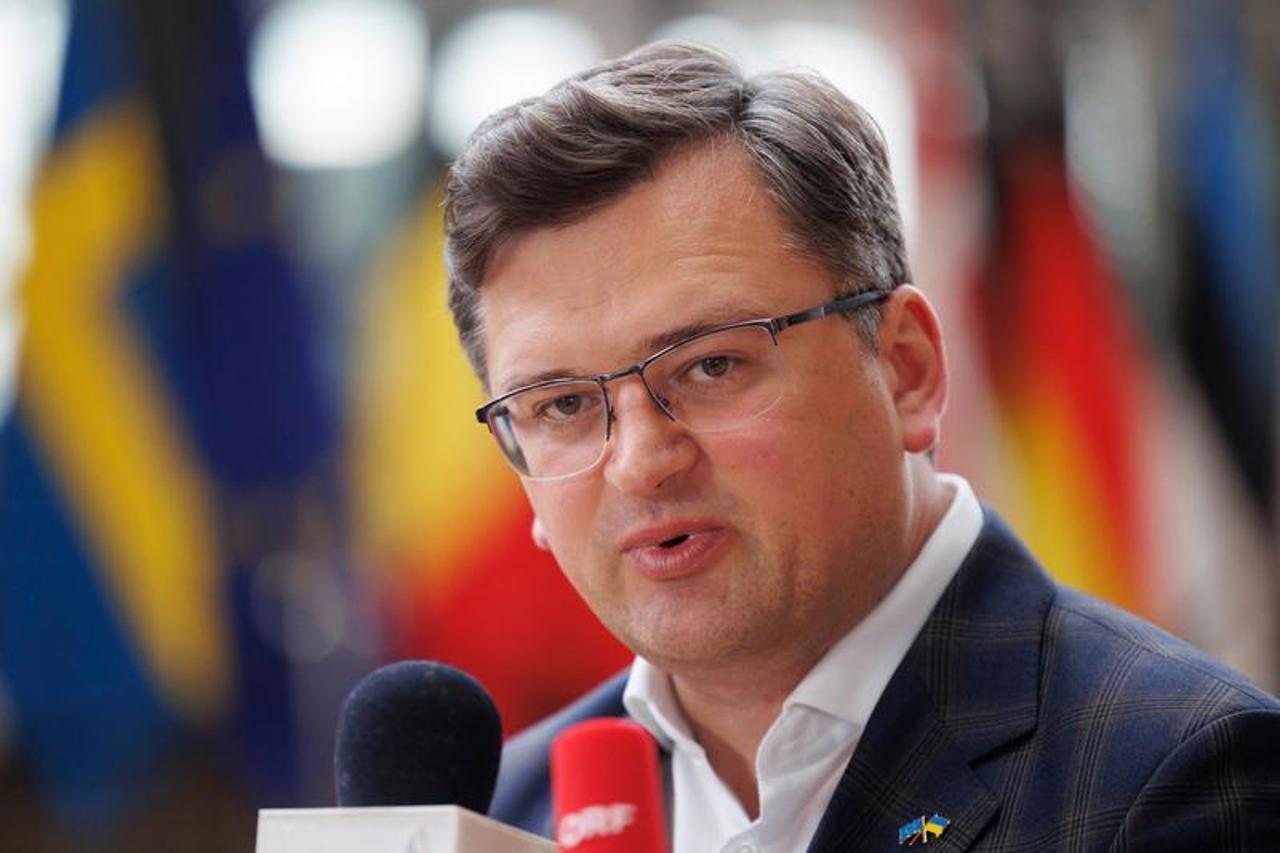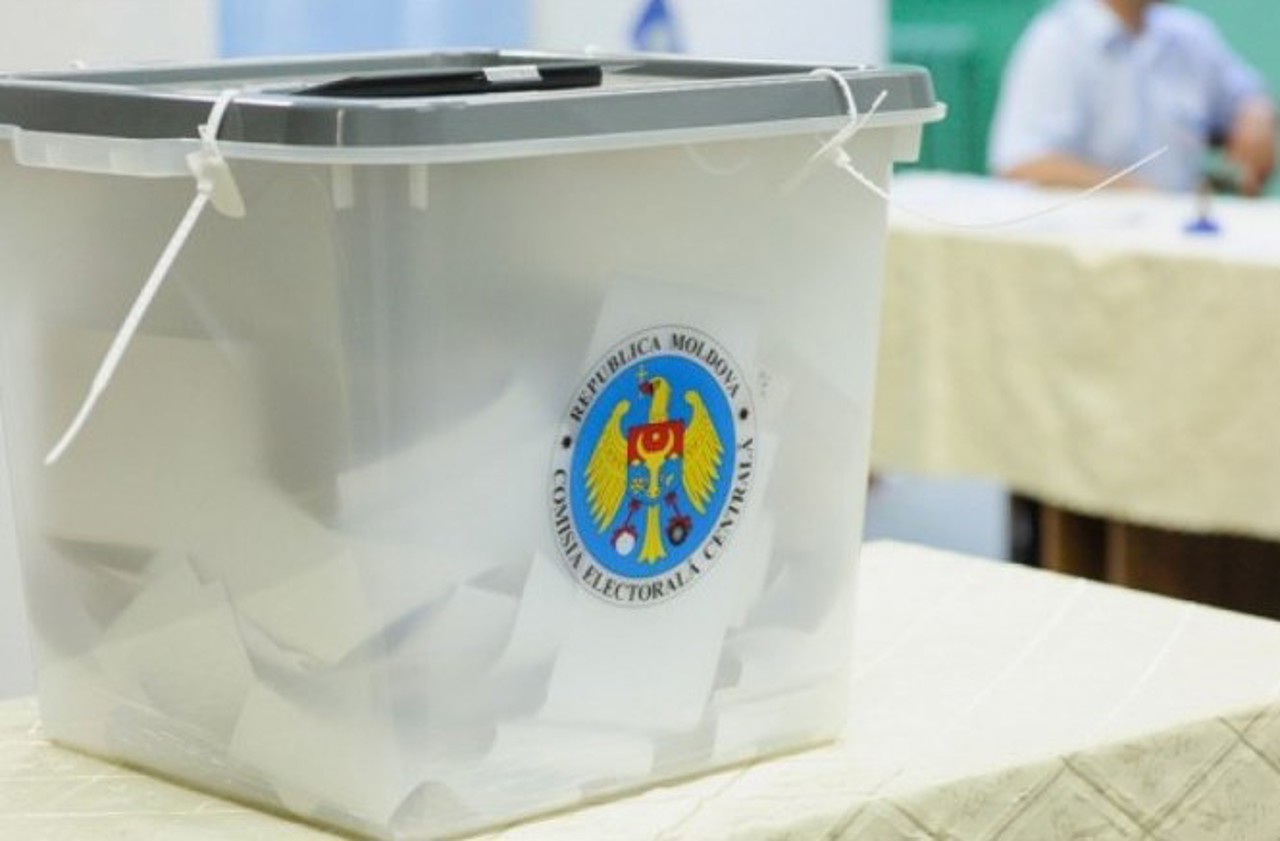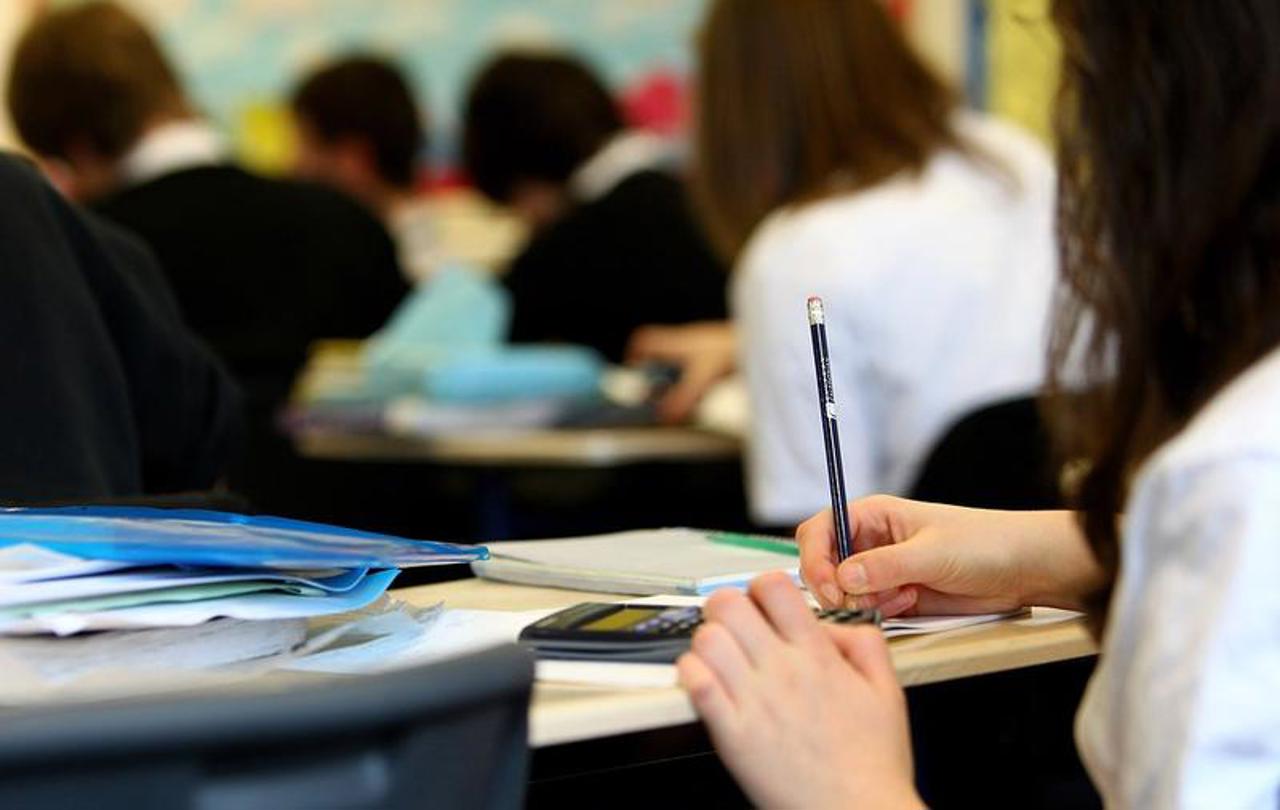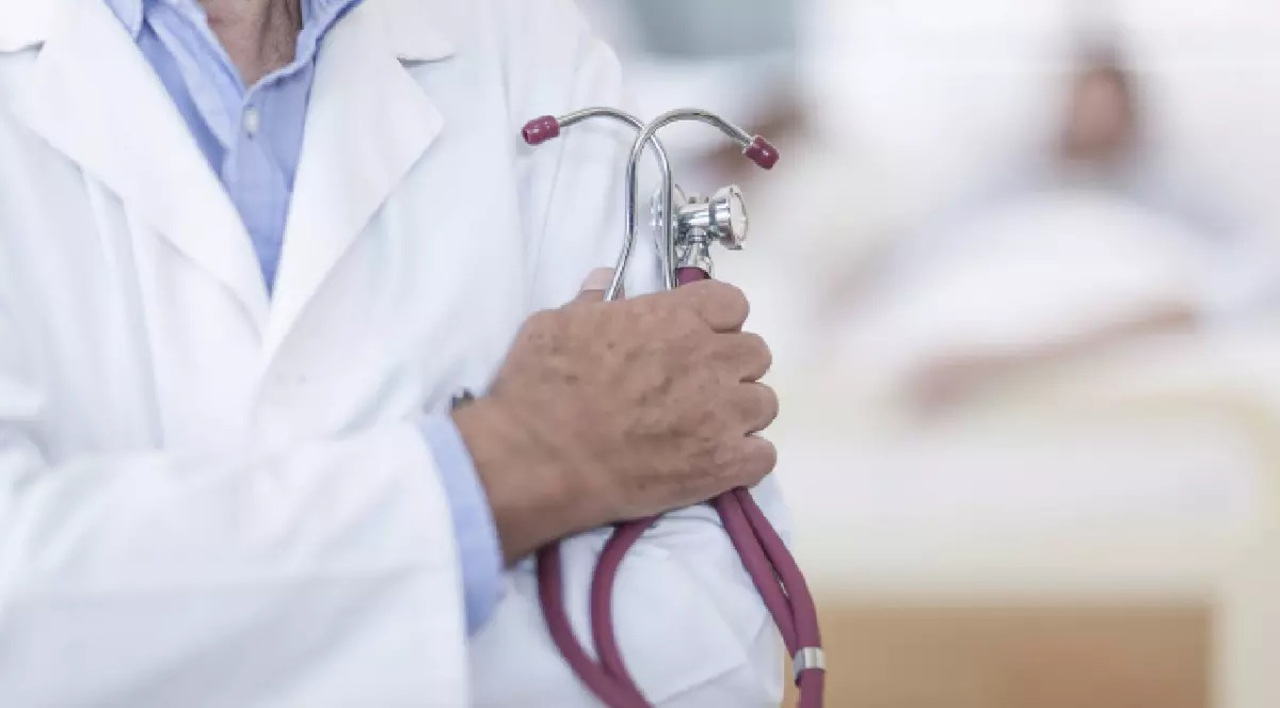Diplomatic struggles in Brussels: NATO pledges, hurdles remain
In a pivotal two-day meeting in Brussels (November 28-29), NATO foreign ministers gathered to address the ongoing crisis between Russia and Ukraine.

The summit, the first of its kind since the Vilnius summit this summer, concluded with a joint statement committing to sustained military and economic support for Ukraine.
Dmitro Kuleba, Ukraine's Minister of Foreign Affairs, emphasised the gravity of the situation, declaring, "Russia fights for impunity, Ukraine fights for justice." He underscored the broader implications, stating, "It's not just about Ukraine's security; it's about the security of the entire Euro-Atlantic space."
Chancellor Olaf Scholz of Germany echoed this sentiment from Berlin, describing support for Ukraine as "existential" for Europe. Despite the assurances and the firm commitment in the final statement, both Brussels and Washington face challenges in keeping their promises. The disappointment over Ukraine's inconclusive summer counteroffensive and the shifting focus to the Middle East contribute to these difficulties.
Notably, Hungarian Prime Minister Viktor Orbán is currently blocking an additional €50 billion aid package for Ukraine, along with a €500 million military assistance tranche. Some European leaders are beginning to highlight the need for Europeans to bear a greater share of the costs for Ukraine's defence, given the political deadlock in the United States.
The unity within the EU regarding Ukraine is further undermined by the influence of pro-Russian figures on both sides of the Atlantic. Leaders like Hungary's Orbán and elements of the Republican Party in the U.S. obstruct funding and defence packages worth tens of billions for Ukraine.
Maintaining a united front in the EU becomes more challenging with the resurgence of pro-Russian figures, including Slovakia's Robert Fico and the far-right Geert Wilders in the Netherlands. Despite these challenges, Kuleba assured in Brussels that Slovakia would continue its support for Ukraine's heavy military equipment maintenance.
However, the new nationalist government in Slovakia, led by Robert Fico, has already informed NATO about halting its military support for Ukraine. Kuleba remains optimistic about Slovakia's stance, stating, "I had a productive meeting with the Slovak Foreign Minister, and we understand each other very well."
The summit also addressed concerns beyond the immediate conflict, with NATO Secretary-General Jens Stoltenberg highlighting the risks of escalation from Iran and acknowledging the challenges posed by China to the alliance's security.
The diplomats expressed further concerns about Turkey's lack of progress in approving Sweden's NATO candidacy. The recent delay in the Turkish parliamentary vote on this matter raises additional worries about Erdogan's manoeuvres among European allies.
On the sidelines, the issue of migrants "instrumentalized" by Russia took centre stage. Moscow's facilitation of migrants arriving at the Finland-Russia border prompted Finland to accuse Russia of initiating a "hybrid war." As a response, Finland announced the complete closure of its 1,300 km border with Russia for two weeks, starting immediately.
This move, announced by Finnish Prime Minister Petteri Orpo, is seen as a consequence of the rising tensions and concerns over hybrid threats. The border closure will be in effect until December 13, reflecting the gravity of the situation in the region.
Translation by Iurie Tataru





